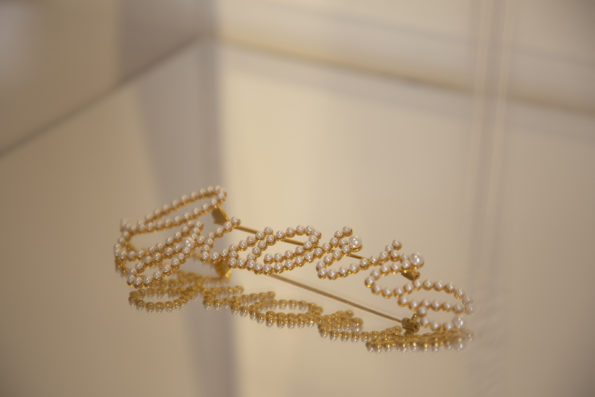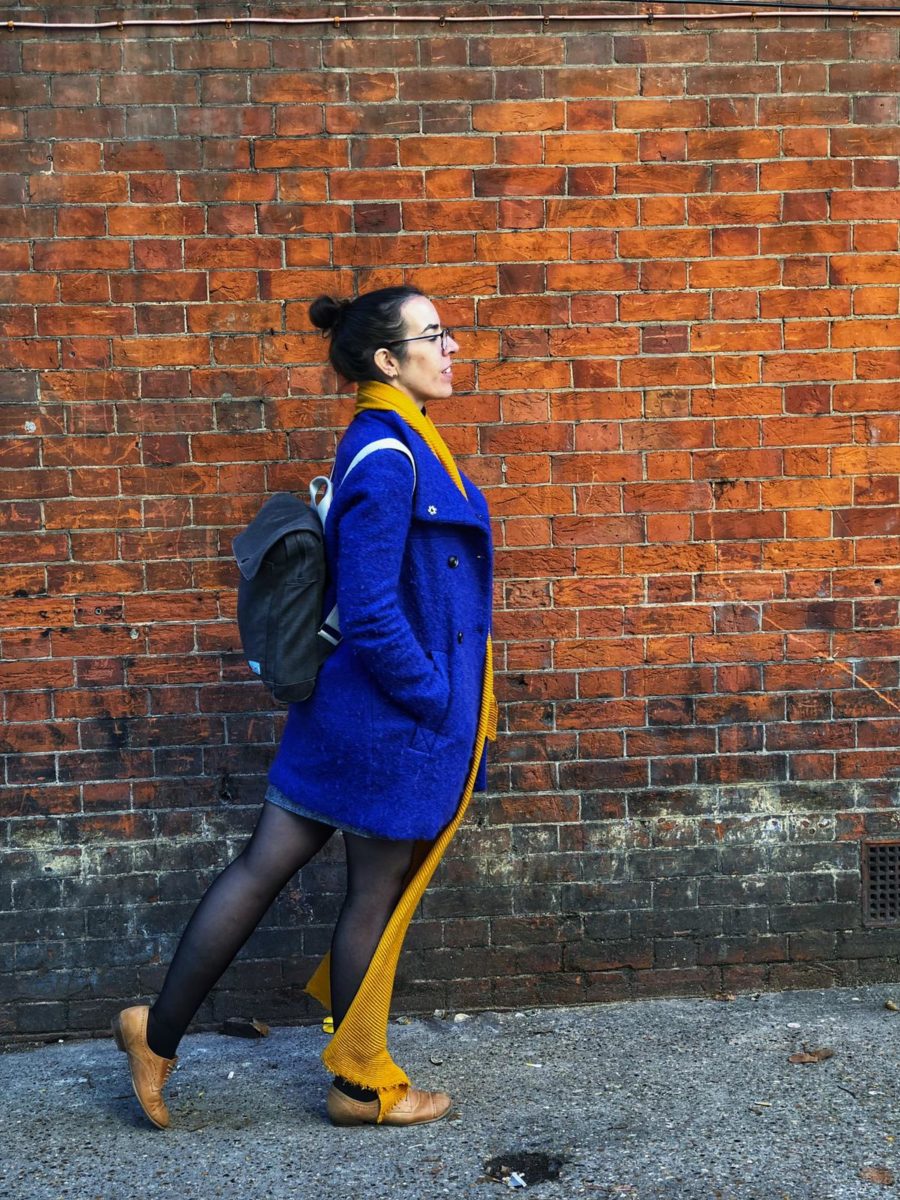Search
To search for an exact match, type the word or phrase you want in quotation marks.
A*DESK has been offering since 2002 contents about criticism and contemporary art. A*DESK has become consolidated thanks to all those who have believed in the project, all those who have followed us, debating, participating and collaborating. Many people have collaborated with A*DESK, and continue to do so. Their efforts, knowledge and belief in the project are what make it grow internationally. At A*DESK we have also generated work for over one hundred professionals in culture, from small collaborations with reviews and classes, to more prolonged and intense collaborations.
At A*DESK we believe in the need for free and universal access to culture and knowledge. We want to carry on being independent, remaining open to more ideas and opinions. If you believe in A*DESK, we need your backing to be able to continue. You can now participate in the project by supporting it. You can choose how much you want to contribute to the project.
You can decide how much you want to bring to the project.

Exquisite materials, seamless not-all-familiar-for-Western-eyes shapes, and a rich multi-layered background is what Guerra, Nikki Luna’s most recent series, encompasses. Luna’s oeuvre addresses notions of misogyny and women’s rights. She engages particularly, with the stories of vulnerable women, reversing their position of subjugation into one of power. For years, Luna had been ruminating how to tell and elevate the story of the women closer to her, and how to tell her own through theirs, that of an educated independent woman that is where she is because of them. Guerra, the maiden name of Luna’s matrilineal lineage, is an exercise of care and appreciation towards the women in her family; her mother, grandmother, great great grandmother, and aunts.
In the past few decades, the Philippines has seen a steep economic growth a direct consequence of the remittances of millions of Filipino citizens working abroad. As of 2005, about 70% of the international labour migrants were Filipino women, who fill up the demand for unskilled workers particularly in the care sector. Five of the eight of Luna’s aunts left the Philippines undocumented to search for work opportunities abroad. Her mother and three other aunts instead, stayed and became a homemakers, commonly, an undervalued job. The Labour Landscape pays respect to the struggle lived by these women by safeguards on mulberry silk their sweat and tears; precious bodily fluids that embody the longingness to come back home shared by labour migrants.
Eight are also the number of blades or bolos represented in Steely Bloom, one for each of the women who Luna grew up with, but also the number of rays in the sun of the Filipino flag. The 8 rays represent the 8 provinces that revolted against Spain and one of them was Luna’s mother’s province, Batanga. Used primarily in farming, upon arrival of the Spaniards, the bolo became a revolutionary weapon that helped the locals to uprise against the colonial settlers. In the context of Luna’s work, these bolos become a metaphor of the battles fought in silence by women who give themselves to others. The steel mirror finishing invites the audiences to confront their colonial past and to interrogate the preconceptions they have on the Philippines and Filipino women.
Learning about the story of her great great grandmother who used to head carry homecooked tulingan (mackerel tuna) and fermented bagoong (shrimp paste) or commodities to sell outside the market, made the artist find the root of her interest in the stories of women working in the informal sector. Wound Cloth is an installation of fifteen pieces made of porcelain, three of which are bathed in 18 karat gold, resembling gikins – headgear –hung from the ceiling and symbolises the carrying of the heavy load of reproductive and productive work, that is unpaid and paid work, a well-too familiar scenario also shared by women across the world.
In 1751 the Spanish missionary Father Juan J. Delgado dubbed the Philippines as the ‘Pearl of the Orient Seas’. The artist has produced a broch spelling the word Guerra, using pearls and 18 karat gold to talk about the beauty, richness, and abundance found in the archipelagic country, and consequently, its susceptibility for looting and exploitation. The work shines light on the way Spain first, and the United States and Japan after, seized and abused the Filipino lands and peoples during colonisation, and how it carries consequences to date, not only in the Philippines, but also on the imprecise and essentialising profiling of Filipino nationals abroad.
Guerra was Luna’s first solo show in Spain, exhibited at Casa Vicens in Barcelona during the first half of 2022. Paradoxically, the title of the project became the leitmotiv of the artist’s exhibiting experience. As the artist explains to me, a succession of bad practices on the part of the curator and the institution, tinctured the experience of frustration, anger, and in last instance, call-outs on social media on Luna’s part, in search of shaking the institution into awareness; nil financial support towards the production of an exhibition to premiere in their premises, neither towards the artist’s transport or accommodation whilst installing the show and following artist’s tours, and a suggested contribution on any sales while the exhibition was on towards the curator’s private artist’s residency amongst others.
I cannot help it but to ponder about power-relations in the art world in connection with colonial elements of white superiority and privilege. As a foreign artist willing to enter a new art ecosystem, Luna saw this exhibition as an opportunity that could open doors to her. As a Brown woman, was she thought to be naïve, inexperienced in the Western art world, and eager to show her art at a weird and of questionable-practices hybrid art experiment? If so, they were definitely wrong. Not only did Luna manage to disassociate her name and exhibition from the curator’s name, but in an interesting turn of events, the artist decided to start her own war against the senior team at Casa Vicens. She used her social media channels (@nikkiluna) to publicly denounce the ignorance, mismanagement, and obstruction of the exercise of her moral rights as an artist. Luna finally managed to tell her story the way she chose, and she and her work were paid some respect.
Guerra pays homage to all the selfless women in Luna’s life who, despite any difficult circumstances kept their head up and pushed forward for the benefit of new generations of women to come. Similarly, by standing her ground and assertiveness, Luna has helped to improve art environments and make way for professional practices in the arts.
(Imagen destacada: Nikki Luna. Guerra, 2021.Courtesy of the artist).

Raquel Villar-Pérez is an academic, writer, and curator whose practice focuses on decolonial and anti-colonial discourses within contemporary art from the ‘Global South’. She is currently a curator at Photoworks, a UK-based non-profit organization, and a PhD candidate at Birkbeck School of Art.
"A desk is a dangerous place from which to watch the world" (John Le Carré)